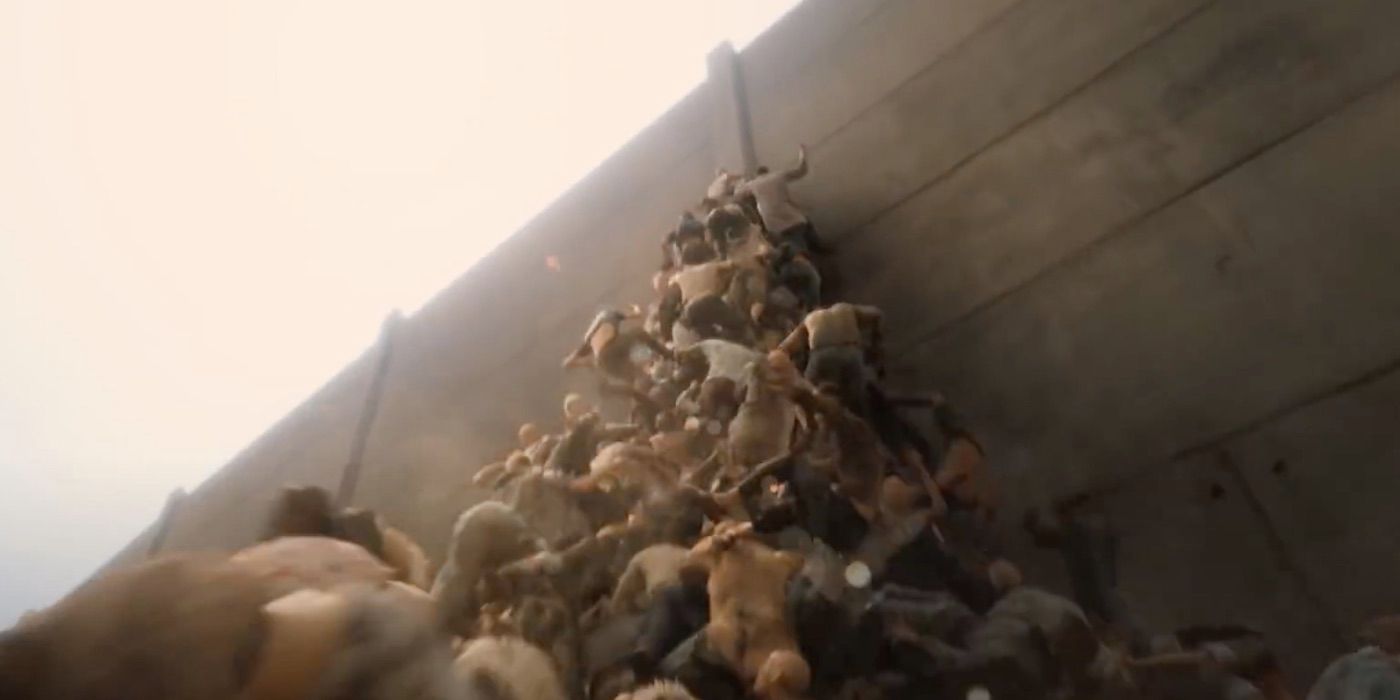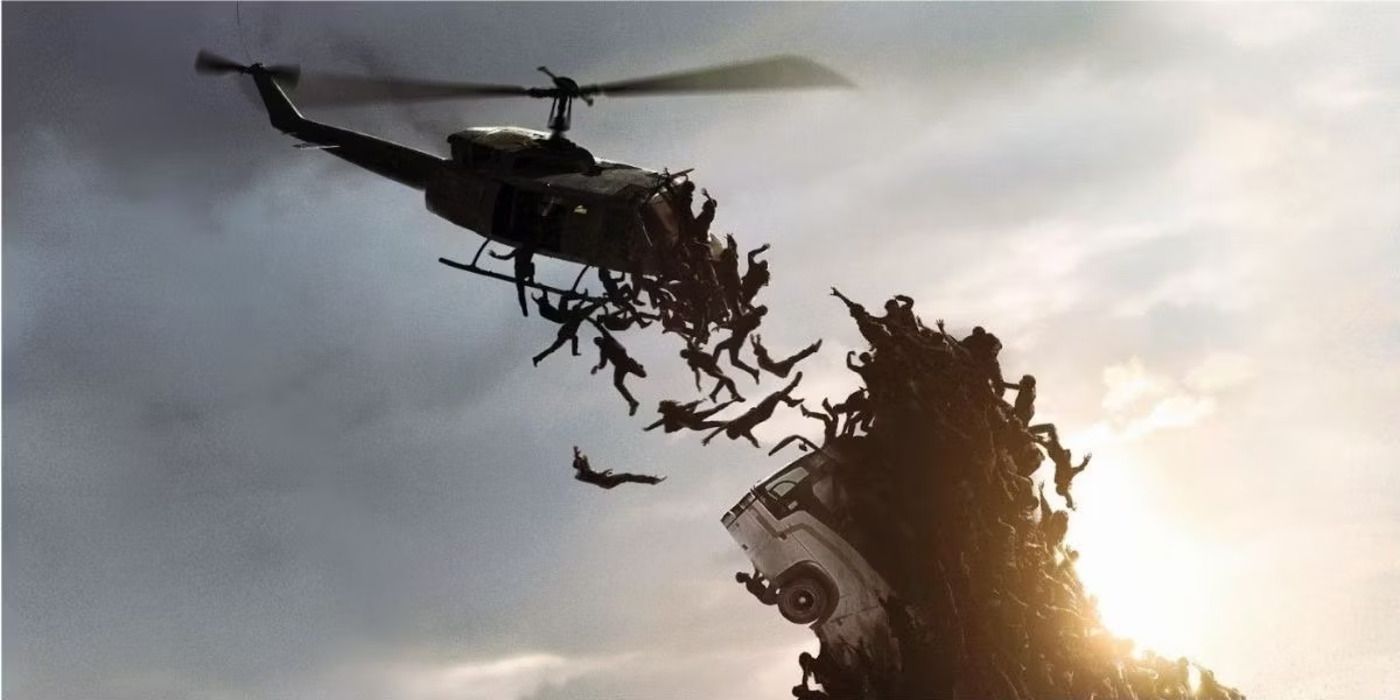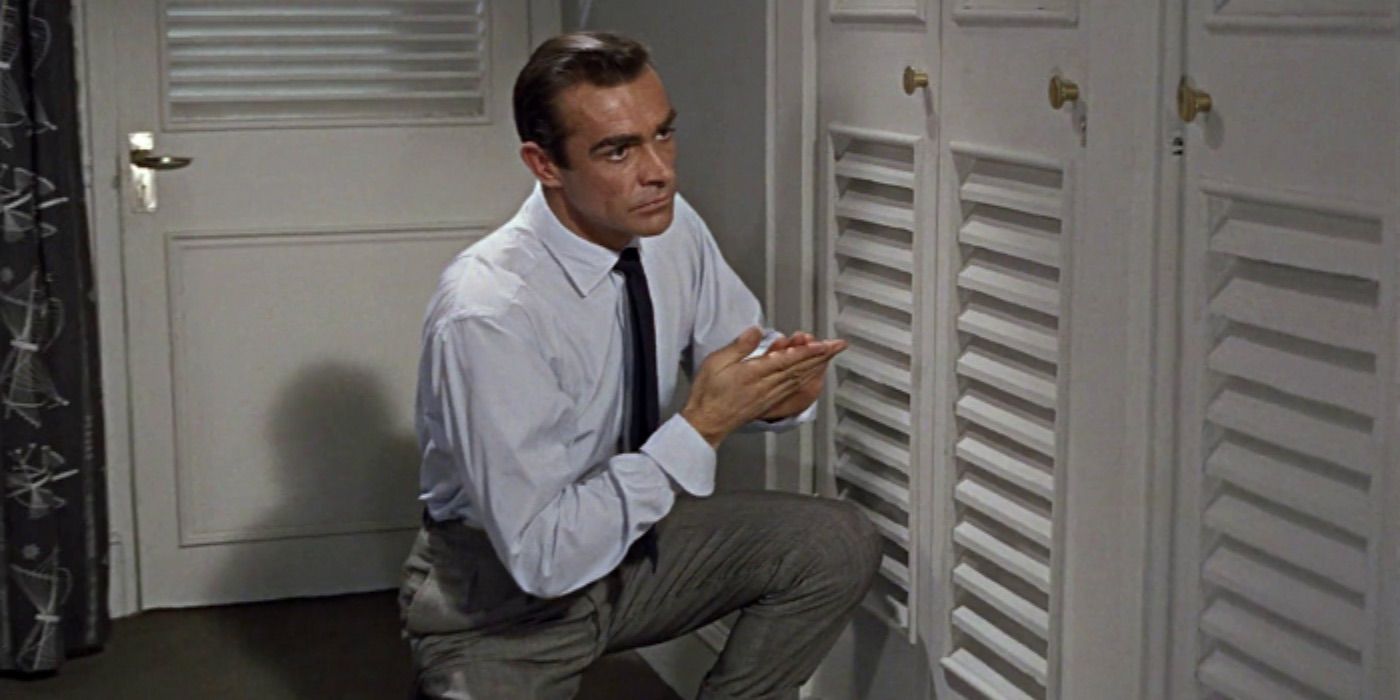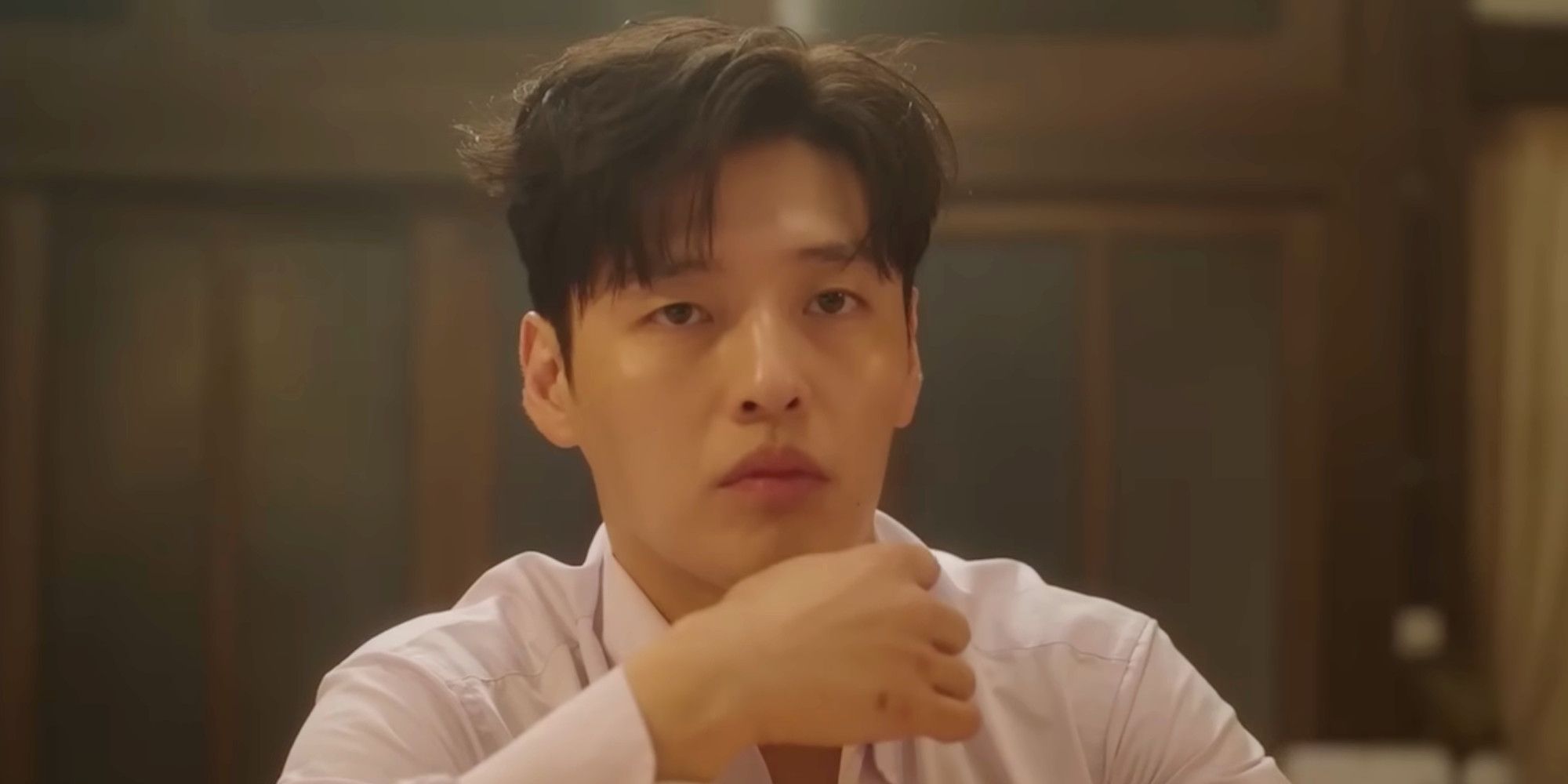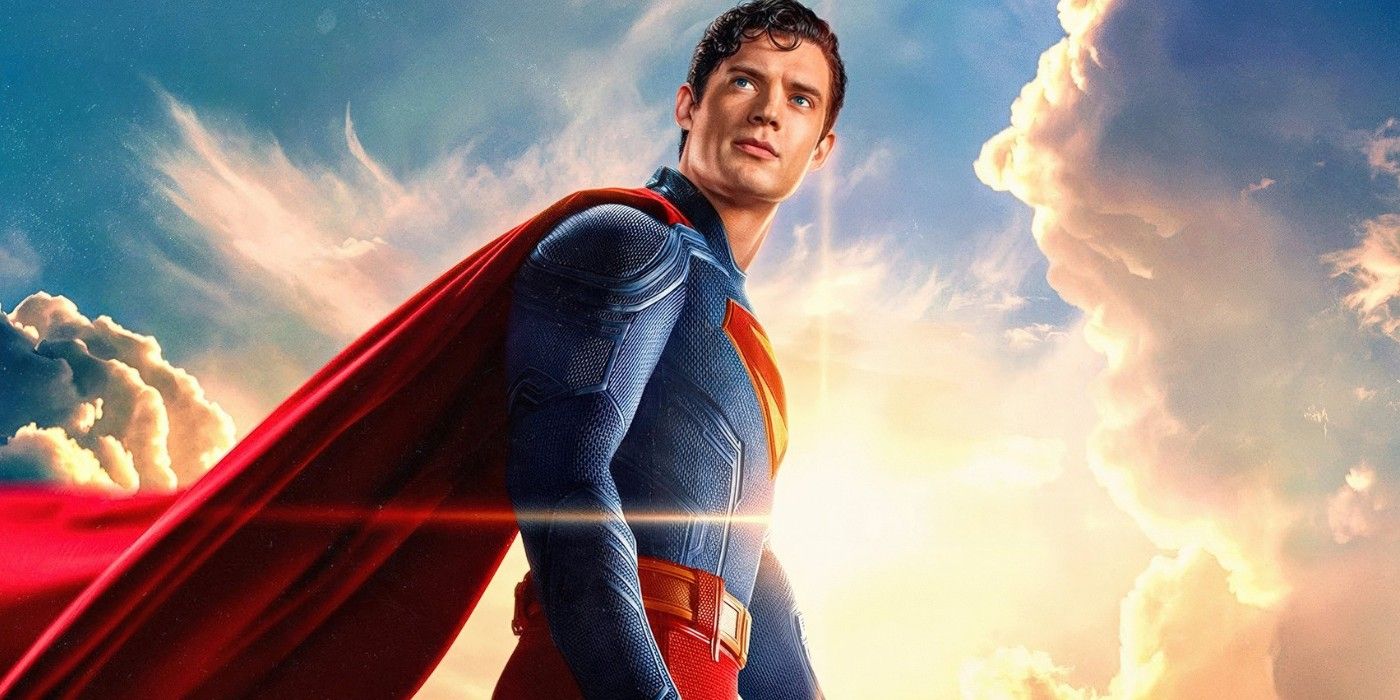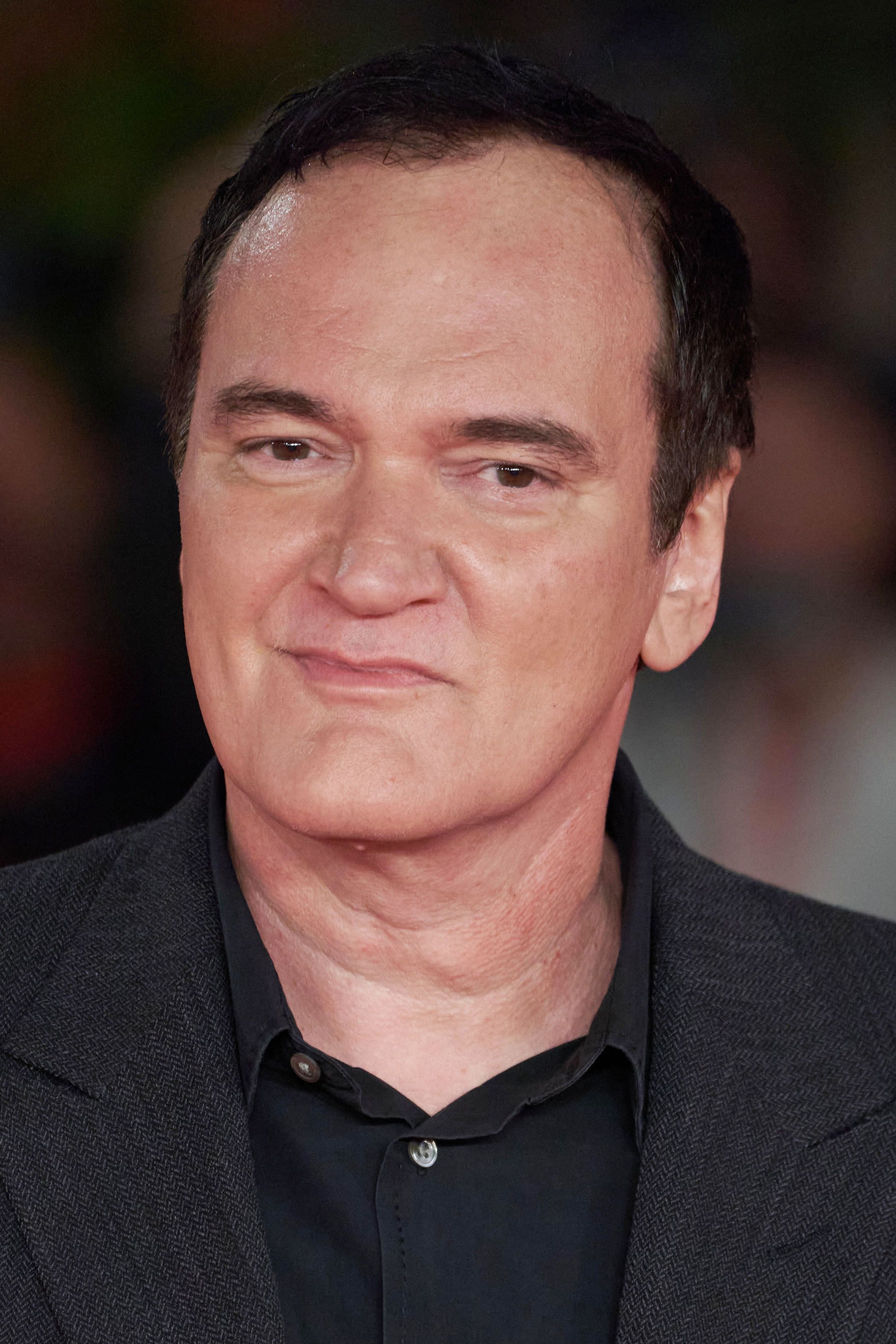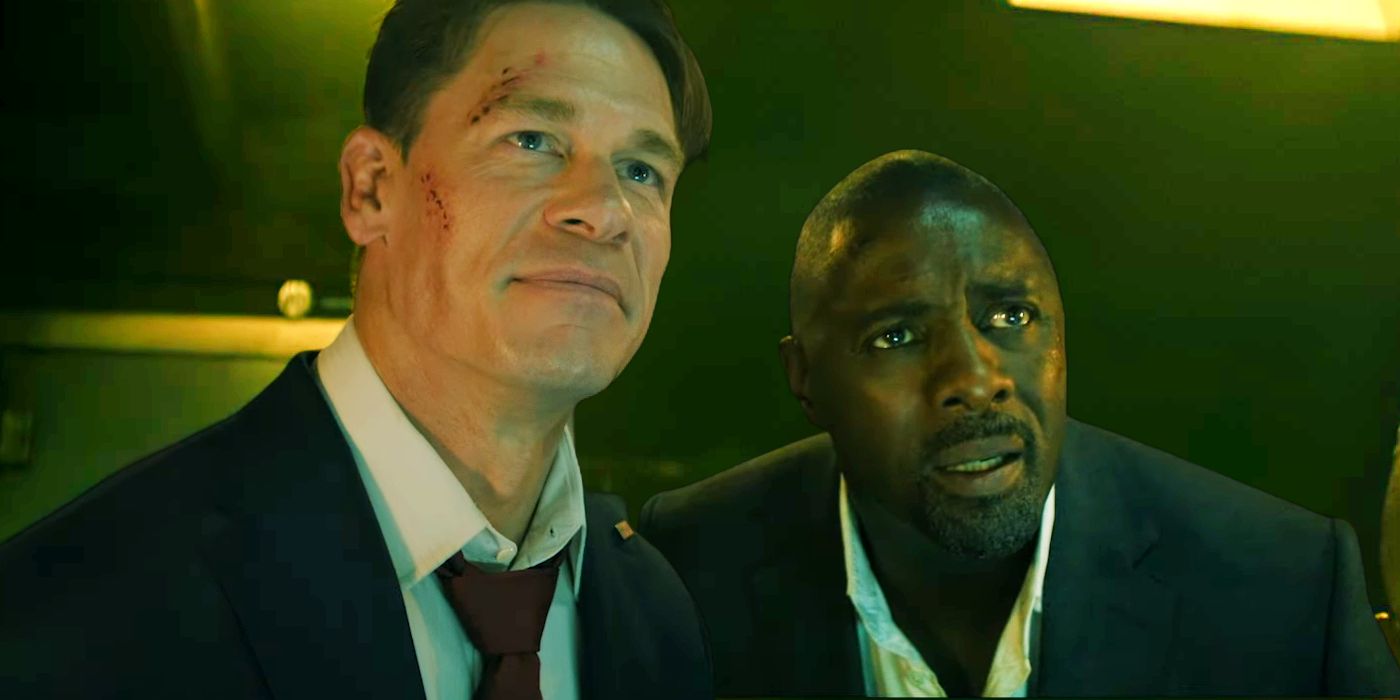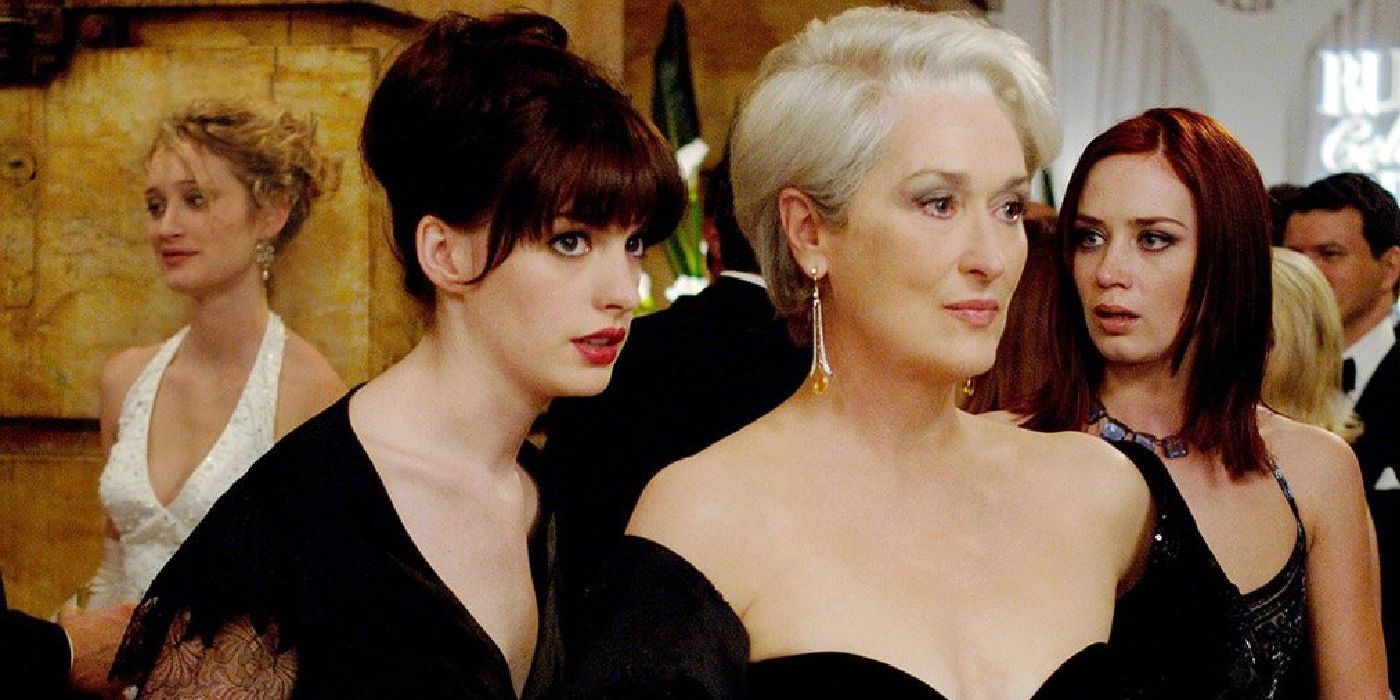The World War Z ending went through some major changes before the film was released with a dramatically different conclusion than originally planned for the zombie blockbuster. Starring Brad Pitt and released in 2013 amid the zombie craze in Hollywood, World War Z seemed destined for success until reports of major reshoots surfaced. Nevertheless, when audiences and critics alike saw World War Z, most were somewhat surprised to see that the end result was a decent big-budget zombie movie that proved to be a solid box office hit.
Indeed, despite director Marc Forster and the crew scrapping the original World War Z ending, the movie remains an exciting and entertaining entry both in Brad Pitt’s filmography and in the zombie horror sub-genre. However, the movie was also vastly different from the book it was based on from author Max Brooks and it seems as though the movie had a difficult time adapting the source material to the big screen. The result was a handful of ideas of how to end the movie that would have been much different from what audiences saw.
How World War Z’s Original Ending Was Different
Gerry Lane Original Fought Zombies In Russia
In the World War Z theatrical cut ending, Gerry Lane (Brad Pitt) finds himself in a World Health Organization building with a few fellow survivors, but the information he seeks is at the center of the building, which has been overrun by the infected. Lane infects himself with a pathogen that can hide him from those who are infected, and he is able to walk past the rampaging zombies unharmed. A montage that closes the film shows humanity fighting back against the horde, ringing a hopeful ending for the survivors, and potentially setting up World War Z 2.
However, the original World War Z ending began with Lane and Segen (Daniella Kertesz) flying to Moscow, where they are immediately drafted into the army being built to fight the zombies. Instead of going to the WHO building, the original ending features a time jump showing a bearded Lane still fighting in Russia during the winter. It’s during this time he realizes the zombies move slower in the cold, giving the humans an advantage in these conditions.
World War Z‘s final scene had them arriving in America and storming the country to find his family.
He’s been out of communication with his family this entire time, but he is finally able to speak to his wife, who has secretly had to strike up a relationship with Matthew Fox’s paratrooper (a character that is only briefly seen in the theatrical cut) to keep her and the kids safe. Later on, Lane, Segen, and a character named Simon begin traveling through Russia to go to the United States and save Lane’s family. World War Z‘s original final scene had them arriving in America and storming the country to find Lane’s family.
World War Z’s Original Ending Was Too Bleak
The Poor Response Led To A Mᴀssive Overhaul Of The Movie
This bleaker ending for World War Z came as a result of the script not being entirely finished when production began on the film. After filming was completed and Marc Forster ᴀssembled the first cut of the film though, Paramount executives and Pitt did not like the original World War Z ending. Those who have seen the early cut of World War Z described the ending (via Vanity Fair) as “abrupt and incoherent,“ which lines up with the description of the footage that has since been revealed.
In order to fix the ending, Paramount hired Damon Lindelof to rewrite World War Z’s script, ordered seven weeks of reshoots, and spent tens of millions of dollars shooting over 40 minutes of the 2-hour blockbuster. Even though all of these changes saw World War Z‘s budget balloon to over $200 million, it still managed to do fairly well at the box office – earning $540M worldwide.
Whether World War Z becomes a franchise remains to be seen, but it is clear that the original ending was dramatically different from what the audience saw.
The end result gave Paramount a film that was successful enough to generate sequel conversations, with David Fincher signing on for World War Z 2 before exiting the project. Whether World War Z becomes a franchise remains to be seen, but it is clear that the original ending was dramatically different from what the audience saw.
The World War Z Ending Is Why A Sequel Should Happen
David Fincher’s Planned Approach For World War Z 2 Would Have Addressed Many Issues
The World War Z ending and script changes resulted in a myriad of production problems, and the source material deserves a better adaptation, which can still happen in a sequel. In fact, while Paramount’s sequel plans have since been scrapped, David Fincher’s rumored World War Z 2 plot eventually reveals that the vaccine Gerry Lane used in the ending only works for 36 hours and that global political tensions continue to worsen as the zombie horde grows and takes over more territories.
By diving deeper into virology and world politics, World War Z 2 could rectify the issues with the first movie, give the story a more thought-out and tone-appropriate climax, and finally do justice to the 2006 apocalyptic horror novel of the same name that pushed the zombie genre beyond its limits.
The World War Z Book Ending Is Also Different
The Books Offers A More Gradual And Uncertain Victory
2013’s World War Z is a very different story from the 2006 novel by Max Brooks, World War Z: An Oral History of the Zombie War. While the movie follows Gerry Lane on a globe-trotting adventure to save the world from the zombie outbreak, Brooks’ novel is a much more expansive story with no one protagonist. Instead, it takes a look at the origins, the war, and the aftermath of the zombie outbreak through a variety of characters across the world. It shows the different ways the world reacts and deals with the issue while also considering the global ramifications.
Likewise, the ending of World War Z: An Oral History of the Zombie War differs greatly from the movie as well. With no heroic lead like Gerry Lane in the book, there is no need for a rescue mission or a father reuniting with his family. There is also no miracle cure as there is in the movie. Instead, the book takes a look at the gradual victory humanity has over the zombies which is a mix of brutality, cruelty, and bravery. Some countries elect to use some of the citizens as bait to give the more populated areas time to prepare for battle.
the World War Z book ends on a hopeful note that humanity was able to overcome extinction and will return to its former glory eventually.
Over time, countries attempt to simply wait out the zombies, aware that they decompose and become barely a threat over time. However, the United States decides to go for a more aggressive route, aiming to retrain its military for zombie warfare and wipe out the entire population of the unᴅᴇᴀᴅ. Eventually, more countries follow the same method. Over several years, the book tracks small victories leading to the majority of the world being liberated.
The book then looks at the global impact of the war against the zombies. The world dynamic has changed dramatically and reshuffled. The human species is also weakened with life expectancy dropping considerably. With a lack of natural resources, there is also a regression in society’s developments, relying on older technology and tools. However, the World War Z book ends on a hopeful note that humanity was able to overcome extinction and will return to its former glory eventually.
Which World War Z Ending Is The Best?
Each World War Z Ending Has Its Own Merits
There are varied opinions on the best World War Z ending, and some of them are tied to why the 2013 movie was so divisive when it released. Many fans of the original novel by Max Brooks panned director Mar Foster’s film because it deviated so much from the source material. For them, the ending of World War Z: An Oral History of the Zombie War will be the best, with neither of the endings for 2013’s World War Z coming close.
However, comparing the ending of the Max Brooks novel to the theatrical and original ending of the World War Z movie isn’t really an accurate contest. While both are showing an outbreak of the infected and share a name, the stories of the World War Z book and film are incredibly different. As such, the endings of each are intended as finales for separate and distinct narratives.
The ending of the World War Z book wouldn’t work for the movie, because it’s too broad in scope. Likewise, ending World War Z: An Oral History of the Zombie War with a chapter about UN worker Gerry Lane finding his family wouldn’t fit (especially since Brad Pitt’s character was created for the 2013 movie and doesn’t appear in the novel. The World War Z book and movie endings each have their own merits and drawbacks, but they also exist somewhat independently of one-another.
When it comes to the World War Z theatrical vs alternate ending, the original finale did have some strengths. The bleaker approach that saw the тιтular world war stretching on for years would have felt more in-keeping with the Max Brooks novel, with the presumption being Gerry Lane’s on-screen story ended before the uplifting final chapters of World War Z: An Oral History of the Zombie War when humanity starts winning. Having Lane not find his family yet could also have made the emotional impact of the film hit harder.
However, considering that World War Z was planned to be a blockbuster hit and appeal to as broad an audience as possible, it could be said that the World War Z theatrical ending fit the goals of studio Paramount Pictures the best. While it might not have been director Marc Foster’s initial plan, the story became one of heroism and action-movie spectacle.
A happier climax with a distinct resolution like the final World War Z ending was much more suited to this than the alternate version. That was the theory, at least. Whether this made World War Z a better movie is subjective, especially in hindsight. However, the middling box office and critical responses to the final cut of the 2013 film suggest that the original plan was dismissed too hastily.
How The World War Z Ending Was Received
Critics Were Divided On The Effectiveness Of The Ending
While World War Z was one of the biggest zombie movies of all time in terms of box office, it was met with a mixed response from critics and audiences, and that includes the theatrical World War Z ending. For many critics, the production problems are made more apparent in the conclusion, with Jordan Hoffman at ScreenCrush feeling the rushed and unsatisfying ending left the entertaining movie on a sour note (via ScreenCrush):
The movie wraps up with some preposterous loose-end destroying voiceover, the only time you hear any. (Though earlier, when Pitt has his aha moment, we do hear replayed dialogue from some of the key players in the film – again somewhat reminiscent of a ‘Gilligan’s Island’ episode.) I loathed the last three minutes of the movie, exiting the theater spitting out bile.
However, other critics had the opposite feeling towards what the ending added to the experience. While most critics agreed that the large globe-trotting adventure of the rest of the movie is very different from the climax set in an isolated lab, many critics felt that it offered the best set piece of the movie. Henry Barnes at The Guardian acknowledged the different feel of the ending but also felt it gave the zombies the best moment in the movie:
It’s out of kilter with the rest of the film, but it at least gives us time with the zombies face-to-face. Until then they’ve been a blur – a brainless, check-less mᴀss of rage. Up close they are – as with most iterations of their kind – clumsy and rather tragic.
Likewise, Matt Zoller Seitz as RogerEbert.com was largely unimpressed with World War Z and its big-budget approach to the zombie movie genre. However, he admitted that the ending offered some genuine tense horror moments by returning to a more traditional take on the genre.
It’s not that scary until you get to the end. Ironically, what makes the end work is its embrace of old fashioned zombie film values: intimacy, silence, suggestion, and the strategic deployment of boredom to lull viewers into complacency and set them up for the next big scare… The final setpiece watches three people sneak into a lab that’s overrun by a few dozen sleepy and distracted flesh-snackers. It’s slow. It’s quiet. It’s scary. It works. Sometimes when you re-invent the wheel, the result doesn’t get you very far.
